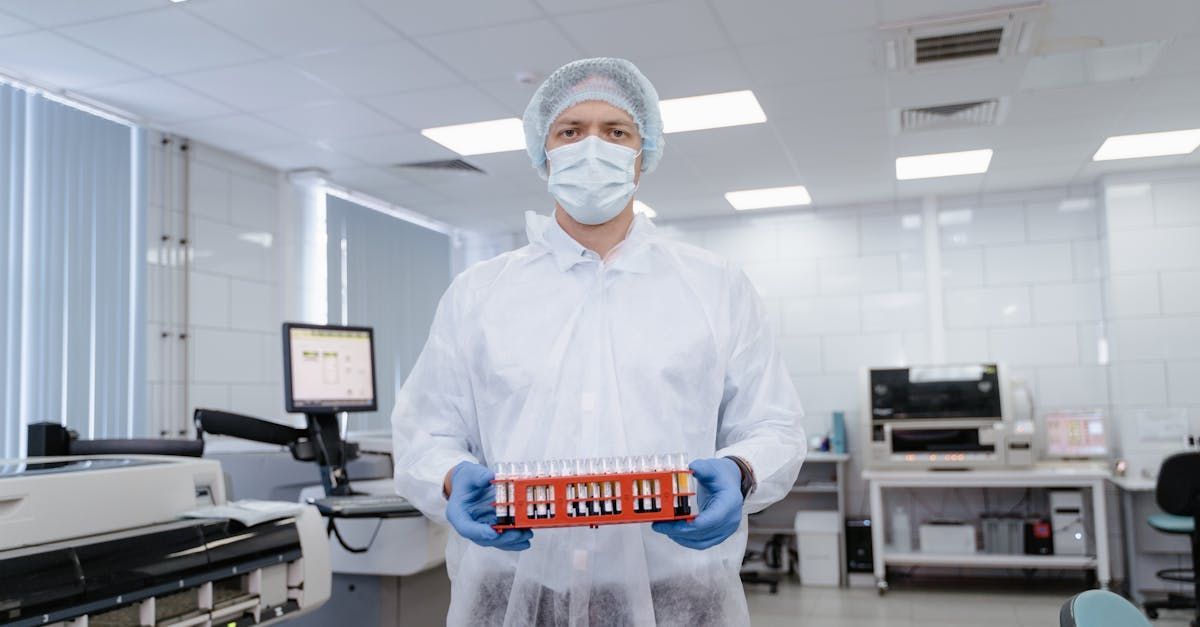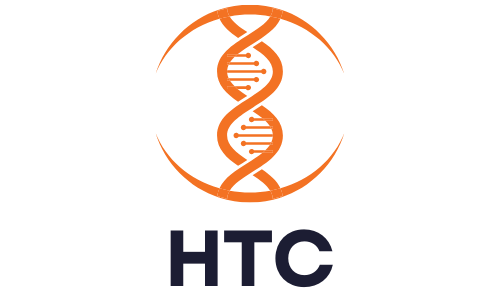Investing in Digital Health Platforms for Mental Health
Mental health issues are pervasive and growing concerns globally, affecting millions of people. According to the World Health Organization (WHO), depression is the leading cause of disability worldwide, and anxiety disorders are the most common mental illnesses in the United States, affecting 40 million adults every year. The COVID-19 pandemic has exacerbated these issues, with increased rates of depression, anxiety, and other mental health conditions due to stress, isolation, and uncertainty.
Traditional mental health care systems have struggled to meet the increasing demand for services. There are significant barriers, including stigma, a shortage of mental health professionals, and high costs of care. Digital health platforms offer a promising solution by providing accessible, affordable, and scalable mental health services. These platforms utilize technology to deliver therapy, monitor mental health conditions, and offer self-help resources, bridging the gap between demand and supply.
This blog aims to explore the investment opportunities in digital health platforms for mental health, discussing their scope, benefits, challenges, and future trends. By understanding the landscape and potential of these platforms, investors can make informed decisions that not only promise financial returns but also contribute to improving global mental health outcomes.
Understanding Digital Health Platforms for Mental Health
Digital health platforms for mental health encompass a range of technologies designed to deliver mental health services through digital means. These include mobile applications, teletherapy services, online counseling, virtual reality (VR) therapy, and artificial intelligence (AI)-powered diagnostic tools. The scope of these platforms extends from preventive care and early intervention to ongoing management and crisis intervention.
Mobile Applications
Mobile apps are the most common form of digital health platforms. They provide tools for tracking mood, managing stress, and practicing mindfulness. Apps like Headspace, Calm, and Moodpath have millions of users worldwide.
Teletherapy
Teletherapy involves providing therapy sessions through video calls, allowing patients to receive care from the comfort of their homes. Platforms like BetterHelp and Talkspace connect users with licensed therapists.
AI and Machine Learning
AI and machine learning are revolutionizing mental health care by analyzing data to predict mental health crises, personalize treatment plans, and provide instant support through chatbots. For instance, Woebot uses AI to offer cognitive-behavioral therapy (CBT) techniques to users.
Examples of Digital Health Applications in Mental Health
- Headspace: A mindfulness and meditation app that offers guided sessions to help users manage stress, anxiety, and improve sleep.
- Talkspace: An online therapy platform that connects users with licensed therapists for text, audio, and video sessions.
- Woebot: An AI-driven chatbot that provides mental health support and CBT techniques to users, available 24/7.
Benefits of Digital Health Platforms for Mental Health
Digital health platforms break down traditional barriers to mental health care. They provide access to services regardless of geographic location, making it possible for individuals in remote or underserved areas to receive care. These platforms are available 24/7, allowing users to seek help at any time.
By providing continuous and personalized support, digital health platforms can significantly improve patient outcomes. They allow for real-time monitoring and intervention, reducing the severity of mental health episodes and enhancing overall well-being. Users can engage with these platforms in a non-judgmental space, encouraging them to seek help sooner.
Digital platforms reduce the need for in-person visits, cutting down costs for both providers and patients. They enable mental health professionals to manage larger caseloads efficiently, optimizing resources and reducing the strain on the healthcare system.
Notable Labs: Innovating Mental Health through Precision Medicine
Notable Labs is at the forefront of integrating precision medicine into digital health platforms for mental health, demonstrating how advanced genetic and molecular analyses can be seamlessly incorporated into mental health care. By leveraging these advanced techniques, Notable Labs collaborates with digital health innovators to pioneer approaches that ensure precision mental health treatments are personalized, accessible, and affordable for all patients. Their commitment to evidence-based practices and robust clinical data supports the development of effective mental health solutions that recognize the value and impact of precision medicine.
As a leader in the field, Notable Labs exemplifies the potential for precision medicine to transform mental health care, setting a new standard for integrating cutting-edge medical advancements into everyday mental health treatment. Notable Labs is paving the way for a future where personalized mental health care is the norm, ensuring that each patient receives the most effective and individualized treatment possible.
Notable Labs' innovative approach to mental health care involves using genetic profiling and molecular data to tailor treatments to each patient's unique biological makeup. This allows for more precise and effective interventions, reducing the trial-and-error approach often associated with mental health treatment. By identifying specific genetic markers and understanding how they influence mental health conditions, Notable Labs can develop targeted therapies that address the root causes of these conditions.
Furthermore, Notable Labs collaborates with insurers and healthcare providers to ensure that these advanced treatments are covered under standard healthcare plans. This collaboration is crucial in making precision mental health care accessible to a broader population, breaking down financial barriers that often prevent patients from receiving the care they need. By demonstrating the cost-effectiveness of precision medicine through robust clinical data, Notable Labs is influencing the development of reimbursement policies that support these innovative treatments.
In addition to their work with insurers and healthcare providers, Notable Labs partners with digital health platforms to integrate precision medicine into mobile apps, teletherapy services, and AI-driven mental health solutions. These partnerships enable the delivery of personalized care on a large scale, making it easier for patients to access tailored treatments from the comfort of their homes. By harnessing the power of technology, Notable Labs is transforming the landscape of mental health care, making it more efficient, effective, and patient-centered.
Through their pioneering efforts, Notable Labs is setting a new standard for mental health care, showcasing the immense potential of precision medicine to improve patient outcomes and overall quality of life. Their work is a testament to the transformative power of integrating genetic and molecular analyses into digital health platforms, paving the way for a future where personalized mental health care is the norm rather than the exception.
Notable Labs' dedication to advancing precision medicine in mental health care is not just about improving treatments; it's about changing the entire approach to mental health. By focusing on the individual needs of each patient and using cutting-edge technology to deliver personalized care, Notable Labs is leading the charge toward a more effective, compassionate, and equitable mental health care system. As they continue to innovate and collaborate with key stakeholders, Notable Labs is poised to make a lasting impact on the field of mental health, helping countless patients achieve better outcomes and a higher quality of life.
Case Studies of Digital Health Platforms
BetterHelp: BetterHelp has become one of the largest online counseling platforms, connecting users with licensed therapists through text, audio, and video sessions. The platform's accessibility and affordability have made it a popular choice for many seeking mental health support.
Calm: Calm is a meditation and sleep app that has seen widespread adoption. It offers guided meditations, sleep stories, and breathing exercises. Studies have shown that users of Calm experience reduced anxiety and improved sleep quality.
Examples of Successful Implementations and Their Impact
BetterHelp's Growth: Since its inception, BetterHelp has grown exponentially, with millions of users and a significant number of positive outcomes reported by its users. It has reduced the stigma associated with seeking therapy and made mental health care more accessible.
Calm's Success: Calm has not only attracted individual users but also corporate clients looking to improve employee wellness. Its wide range of offerings has helped countless individuals manage their stress and anxiety, leading to better overall mental health.
Lessons Learned from These Case Studies
These case studies highlight the importance of accessibility, affordability, and user engagement in the success of digital health platforms. The integration of user feedback and continuous improvement of services are critical for sustained impact and growth.
Challenges and Risks
- Data Privacy and Security: The handling of sensitive mental health data poses significant risks. Ensuring robust data protection measures is essential to maintaining user trust.
- Efficacy and Quality Control: The effectiveness of digital interventions can vary. Ensuring that platforms adhere to evidence-based practices and provide high-quality care is a challenge.
- User Engagement: Sustaining user engagement over time is crucial. Platforms need to continually innovate and offer value to keep users engaged.
Regulatory and Compliance Hurdles
- Regulatory Approvals: Navigating the regulatory landscape can be complex, with different requirements in various regions. Obtaining necessary approvals and maintaining compliance is essential.
- Reimbursement Policies: Securing reimbursement from insurers for digital mental health services can be challenging. Clear policies and supportive regulations are needed to facilitate this process.
Strategies for Overcoming These Challenges
- Robust Data Security Measures: Implementing advanced encryption and secure data storage practices can mitigate privacy concerns.
- Adherence to Clinical Guidelines: Ensuring that digital health platforms follow established clinical guidelines and undergo regular evaluations can enhance their efficacy.
- User-Centric Design: Engaging users in the development process and incorporating their feedback can improve engagement and satisfaction.
Investment Opportunities in Mental Health Digital Health Platforms
Investors should look for platforms that demonstrate strong user engagement, adherence to clinical guidelines, and innovative use of technology. Companies with a clear vision, experienced leadership, and a robust business model are likely to succeed.
Factors to Consider When Investing in This Field
- Market Demand: Understanding the demand for mental health services and the potential for digital solutions to meet this demand is crucial.
- Technology and Innovation: Assessing the technological capabilities and innovation potential of platforms can help identify leaders in the field.
- Regulatory Environment: Staying informed about regulatory changes and their impact on digital health platforms is essential for making informed investment decisions.
Long-Term vs. Short-Term Investment Strategies
- Long-Term Investments: Investing in established platforms with a proven track record can offer stable returns. These investments are typically less risky and provide steady growth.
- Short-Term Investments: Investing in emerging startups with innovative solutions can offer high returns but comes with higher risks. These investments require careful evaluation and risk management.
Future Trends and Innovations
- Integration with Wearables: The integration of digital health platforms with wearable devices can provide continuous monitoring and personalized insights, enhancing care delivery.
- AI and Machine Learning: The use of AI and machine learning can improve the accuracy of diagnostics, personalize treatment plans, and predict mental health crises.
- Virtual Reality (VR) Therapy: VR therapy offers immersive experiences that can effectively treat conditions like PTSD, anxiety, and phobias.
The Impact of Technological Advancements on Mental Health Care
Technological advancements are continually enhancing the capabilities of digital health platforms. Improved data analytics, better user interfaces, and advanced therapeutic tools are making mental health care more effective and accessible.
Predictions for the Next Decade in Digital Mental Health
The next decade will likely see the widespread adoption of digital health platforms, with greater integration into traditional healthcare systems. Advances in AI, VR, and wearable technology will further enhance the effectiveness of these platforms, leading to better mental health outcomes globally.
Conclusion
Digital health platforms are transforming mental health care by providing accessible, affordable, and effective solutions. The integration of advanced technologies such as AI, VR, and wearables is enhancing their capabilities and improving patient outcomes.
The potential of digital health platforms to revolutionize mental health care is immense. They offer scalable solutions to address the growing demand for mental health services, breaking down traditional barriers to care. Investing in digital mental health solutions is not only a sound financial decision but also a way to contribute to improving global mental health. By supporting these innovative platforms, investors can help create a future where mental health care is accessible to all.










